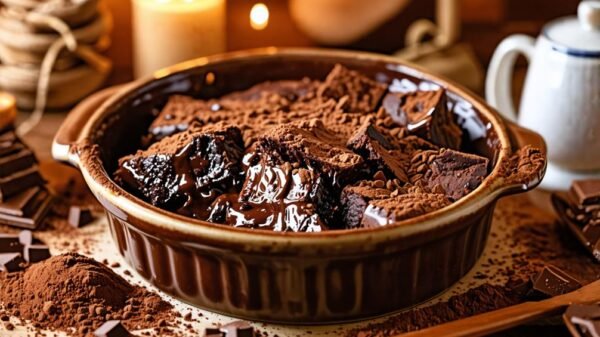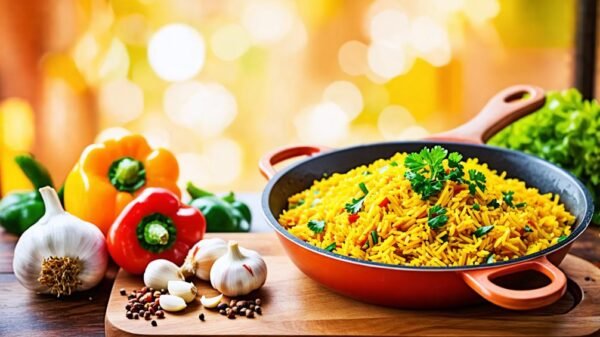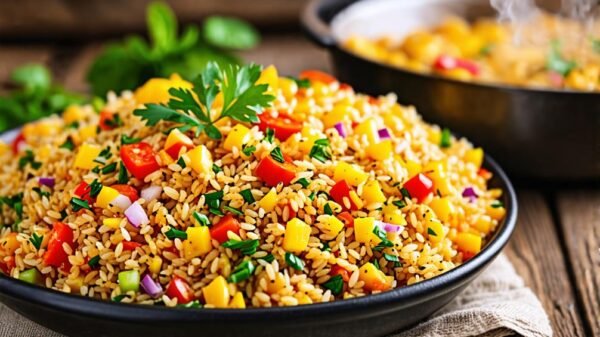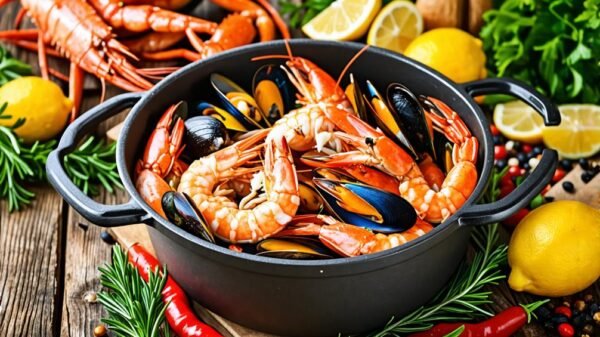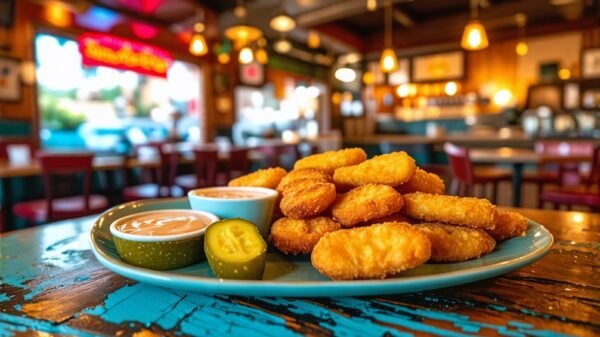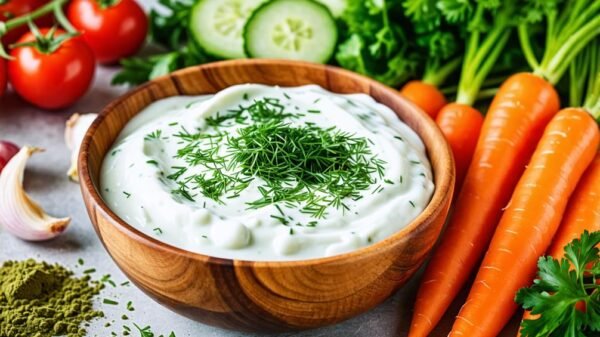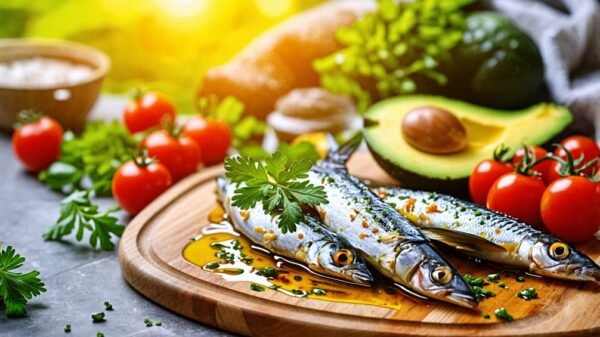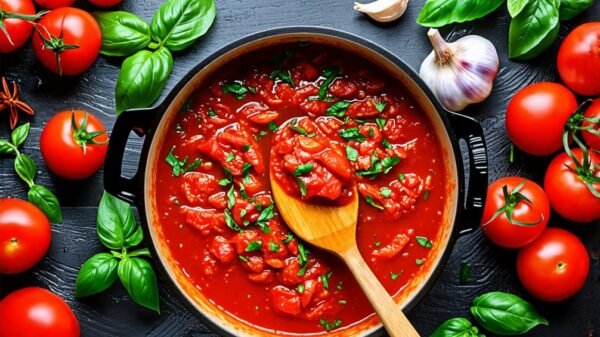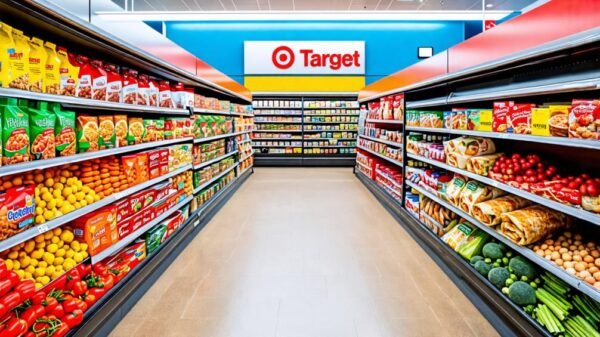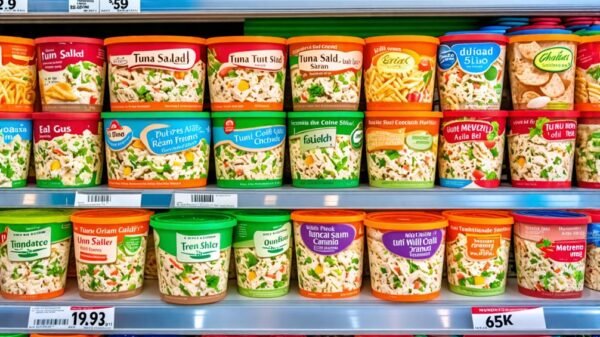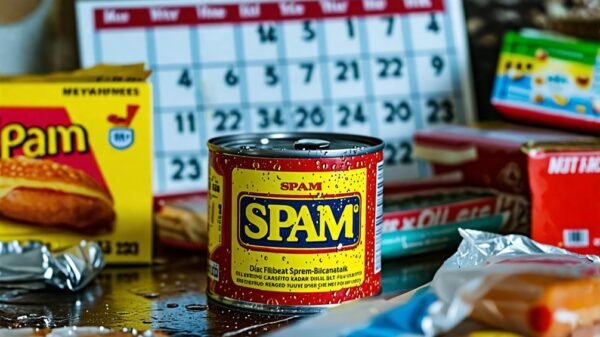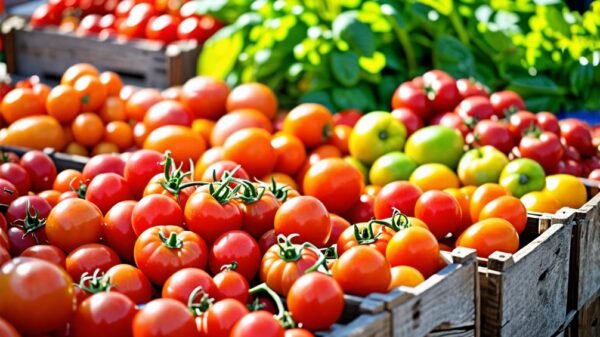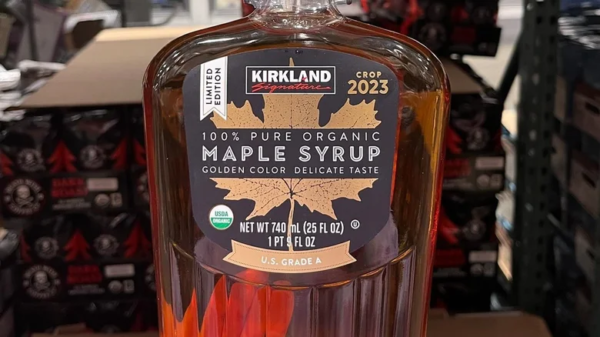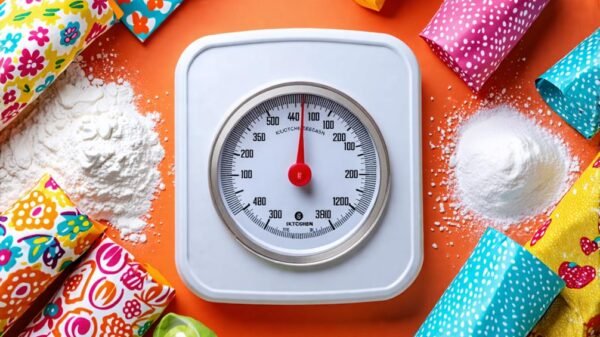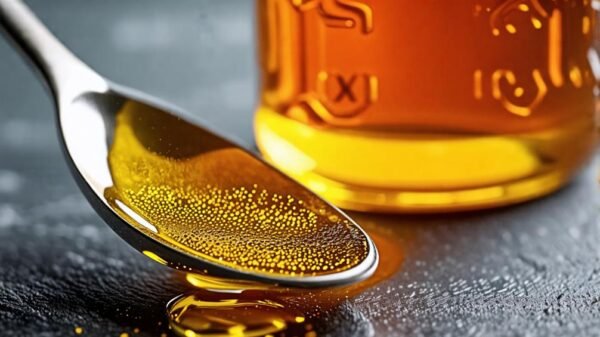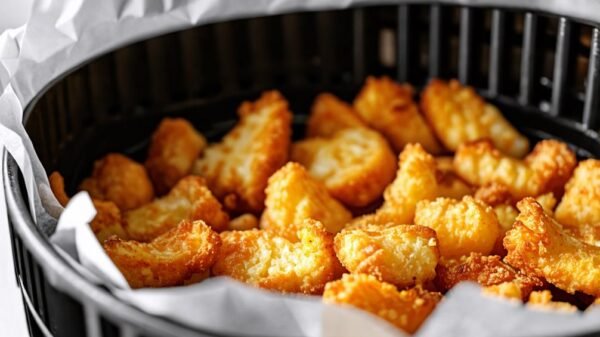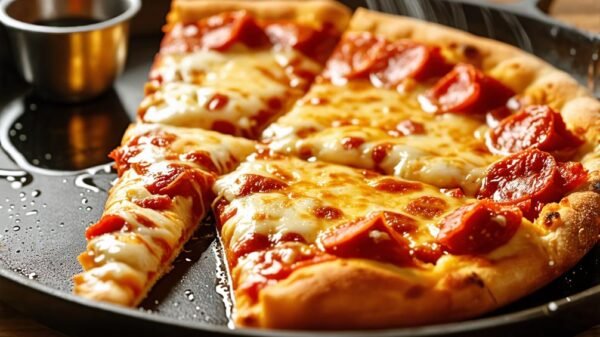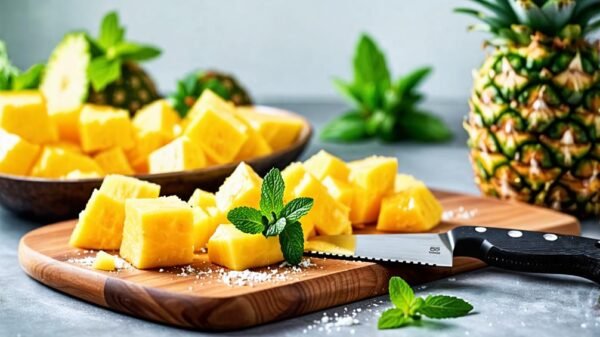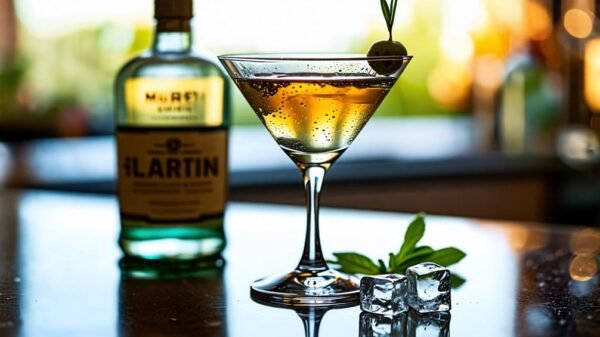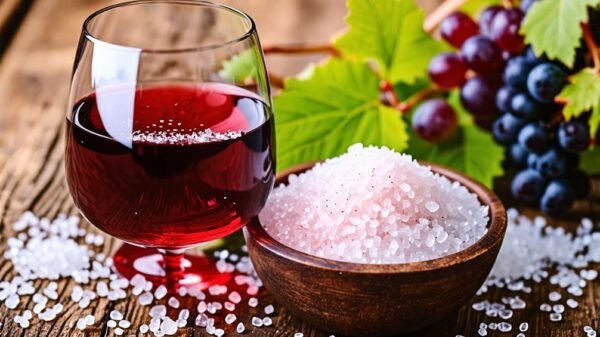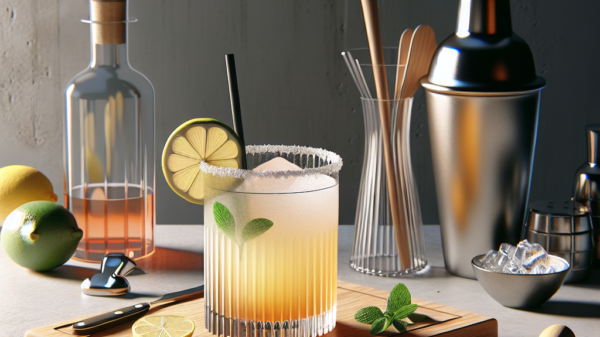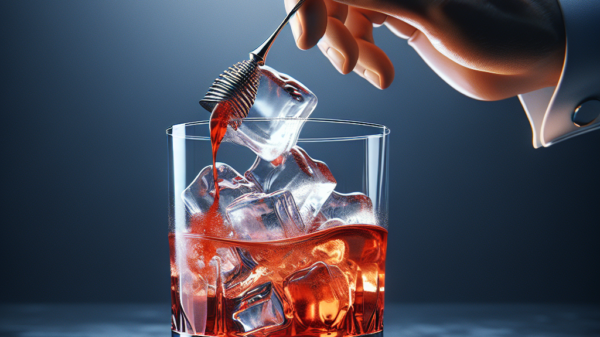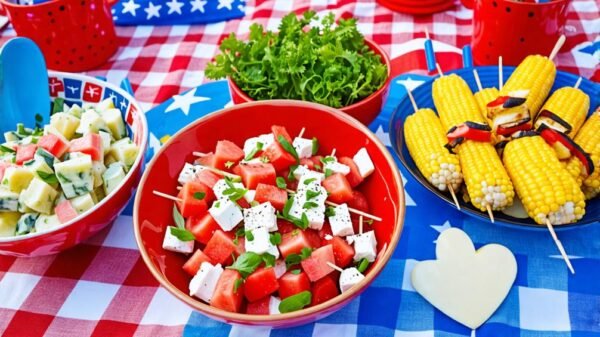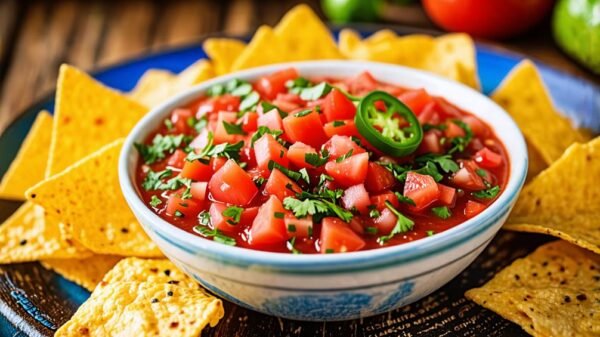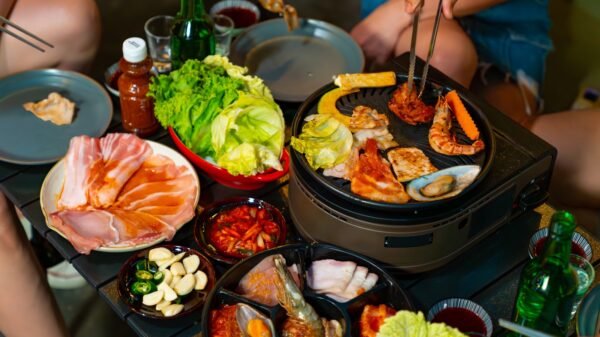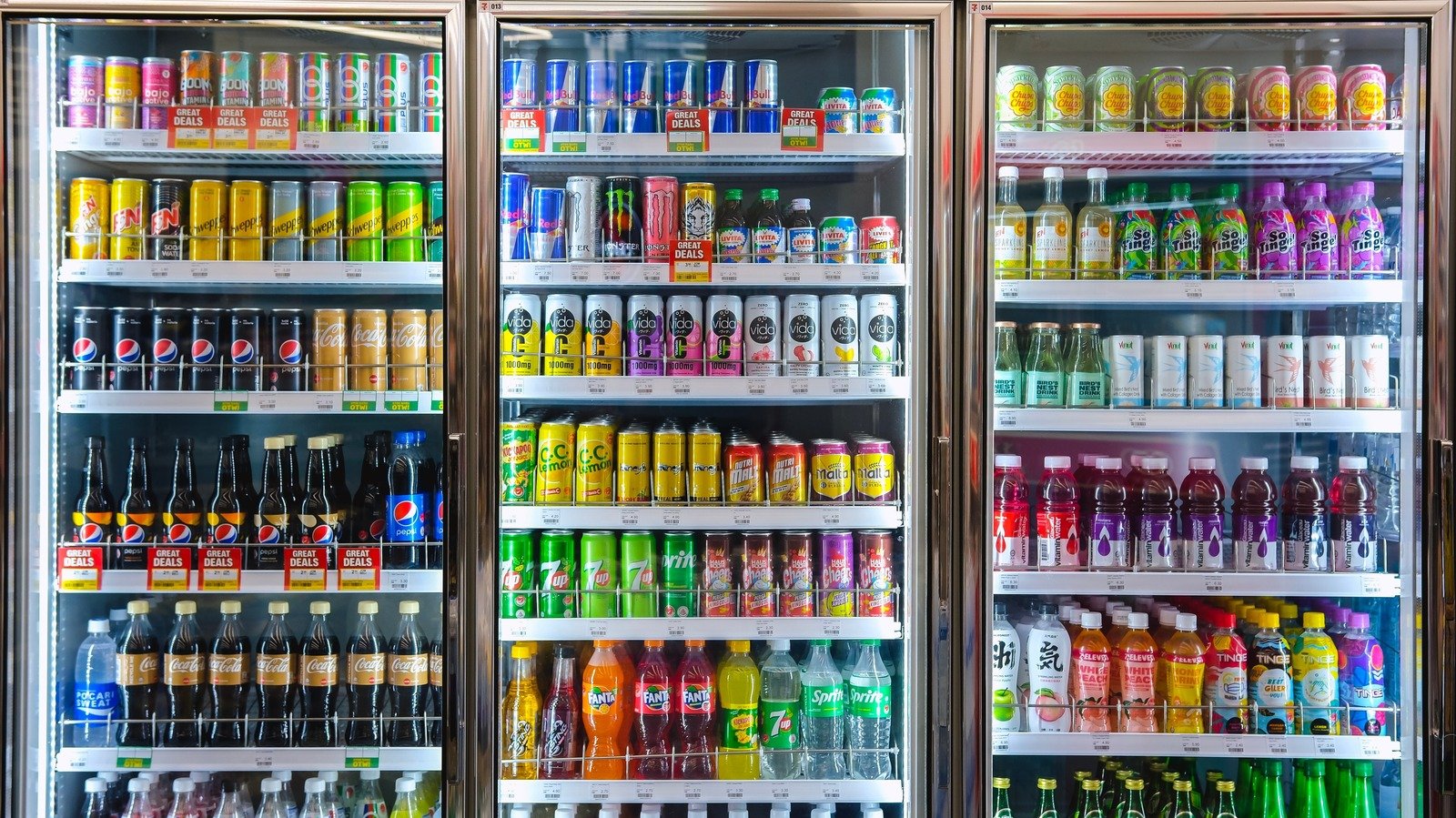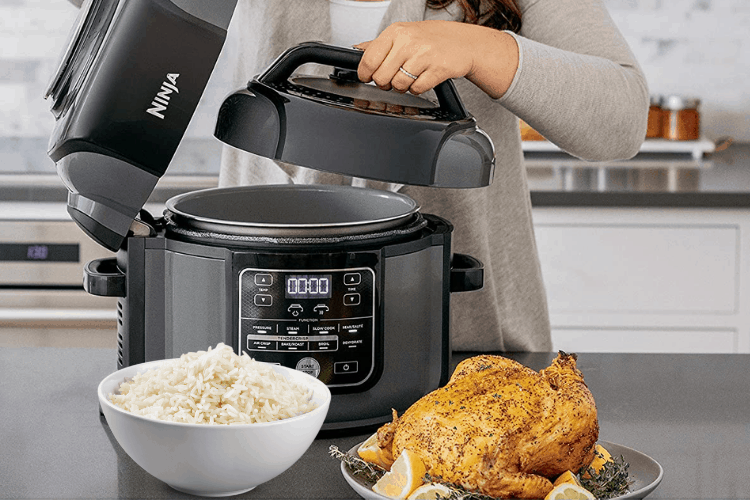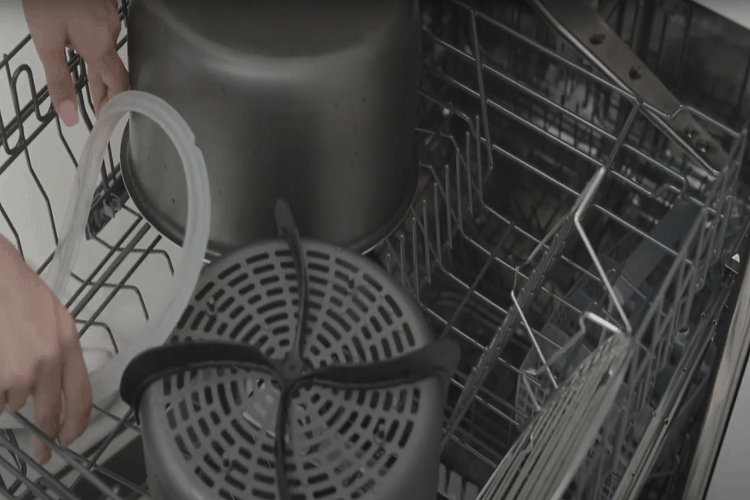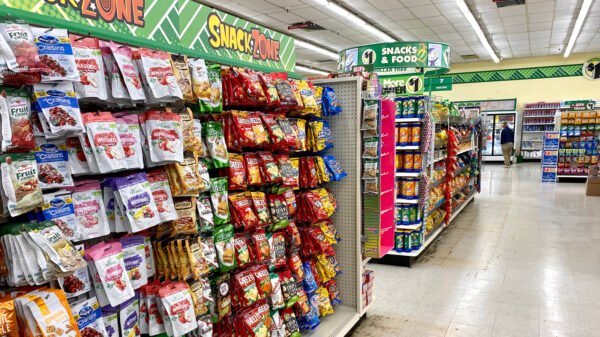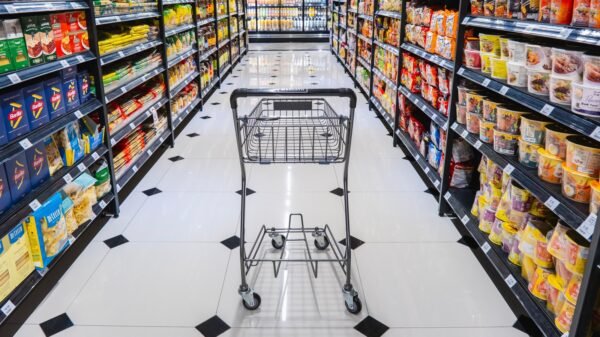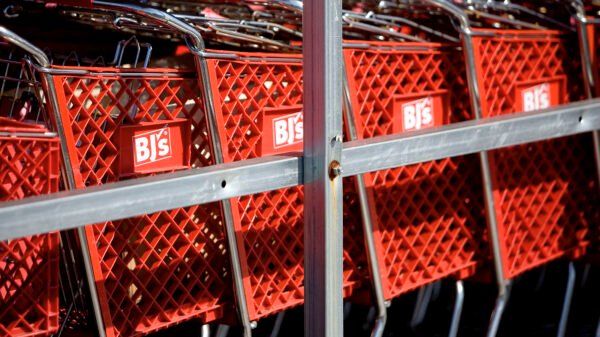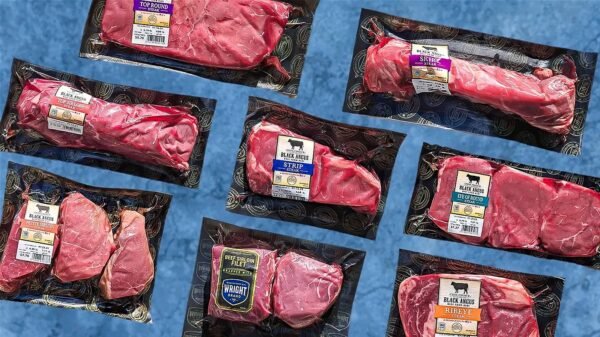Avoiding the Danger Zone: 12 Unhealthiest Bottled Drinks
Have you ever reached for a bottled drink in your fridge without a second thought? Many of us have done this while on the go, eager for something refreshing to quench our thirst. However, the choice of beverage can have a significant impact on our health—more than we might realize. From sugary sodas to ostensibly healthier options like fruit juices, the level of hidden sugar and harmful additives can be alarming. Let’s take a closer look at 12 of the unhealthiest bottled drinks that might be lurking in your local store.
1. Monster Energy Drink: A Caffeine Sugar Bomb
Monster Energy is popular among those needing a quick boost, yet it conceals a shocking amount of sugar. One can packs around 66 grams of sugar, which amounts to 26% of the daily recommended sugar intake for those on a 2,000-calorie diet. While energy drinks may seem appealing for their energy-boosting ingredients, the combination of sugar and caffeine can lead to adverse health effects, such as increased anxiety and rapid heartbeat.
2. Naked Juice Mighty Mango: Smooth, But Not So Sweet
Naked Juice’s Mighty Mango boasts a colorful label filled with fruit imagery, luring consumers into believing it’s a healthy choice. However, a single bottle contains approximately 57 grams of sugar and 290 calories. Although the juice may come from real fruit, the lack of fiber means you miss out on a vital health benefit. Enjoy Naked Juice sparingly, or consider eating whole fruits instead.
3. Mountain Dew: The Sizzling Soda
Mountain Dew’s bright yellow-green color is instantly recognizable. Still, this soda offers little nutrition beyond its sweet flavor, containing 77 grams of sugar in a single 20-ounce bottle. Its ingredient list includes high fructose corn syrup, which can cause inflammation and weight gain. Additionally, many people express concern about the artificial dye Yellow 5, which is controversial for its potential health effects.
4. Pepsi: Not Just a Classic
Pepsi has been a well-loved soda since 1898, but with 69 grams of sugar in a 20-ounce bottle, it’s important to think twice before indulging. High sugar intake can lead to dangerous health consequences, including diabetes and heart risks. While a soda may seem like a quick fix for refreshment, it’s more like an invitation to health issues down the line.
5. Snapple Peach Tea: Sweetness Over Substance
Snapple Peach Tea is another drink many consider refreshing, but it masks an alarming truth—40 grams of sugar in every bottle. The antioxidants in black tea are eclipsed by the added sugars, turning a supposedly healthy option into one that can promote inflammation and other health problems. Opt for homemade iced tea with minimal sugar instead!
6. V8 Original: Not as Healthy as It Sounds
Although V8 claims to deliver two servings of vegetables in every 8-ounce serving, the reality is that you miss out on fiber when drinking vegetable juice. Additionally, it contains 640 milligrams of sodium, which can contribute to higher blood pressure and cardiovascular issues. While it might seem nutritious, whole vegetables pack a better punch for your health.
7. SunnyD: A Deceptive Delight
SunnyD has become synonymous with childhood nostalgia, but its label can be misleading. The drink is made mostly of water and high fructose corn syrup, offering a mere 14 grams of sugar per 8-ounce serving. While it touts "100% vitamin C," real orange juice delivers the same vitamins without all the added sugars and unnecessary ingredients.
8. Yoo-hoo: Not Your Average Chocolate Milk
Yoo-hoo’s chocolatey charm is often mistaken for the nutrition found in typical chocolate milk. However, it contains 47 grams of sugar in a 15.5-ounce bottle with minimal nutritional value. You’d be better off opting for a real chocolate milk that offers more protein and less sugar.
9. Arizona Green Tea: Sweet Deception
Promoted for its health benefits, Arizona Green Tea is often anything but healthy. A single bottle can contain 68 grams of sugar, which overwhelms any potential benefits of the green tea itself. Instead of this sugary concoction, brewing your own green tea might be the healthier way to go.
10. Welch’s Grape Juice: A Sugar Surprise
Welch’s claims to be made from 100% Concord grapes, but the sugar count is concerning. A 10-ounce serving contains 44 grams of sugar, which exceeds the daily recommended sugar intake for children. Whole grapes provide beneficial fiber you miss in juice form.
11. POM Wonderful Pomegranate Juice: A Juicy Letdown
As touted as an "antioxidant superpower," POM juice might mislead you. While pomegranate offers nutrition, the juice packs 68 grams of sugar in a 16-ounce bottle, which depletes the fruit’s health benefits and can spike blood sugar levels.
12. Poppi: The Misleading Soda
Poppi has gained fame as a prebiotic soda, but it faces scrutiny for misleading advertisements regarding its health benefits. The tiny amounts of prebiotic fiber may lead to digestive distress rather than remedying it. Consider getting prebiotics from wholesome foods instead for better gut health.
Raising Awareness Around Beverage Choices
As we explore these popular bottled drinks, it becomes clear that many options are loaded with sugar and additives that can harm health in the long run. It’s crucial to examine nutritional labels and be mindful of what we consume. Opting for whole foods, freshly prepared juices, and homemade beverages can often be healthier and just as enjoyable. Making small changes can pave the way for better choices and a happier, healthier lifestyle.


